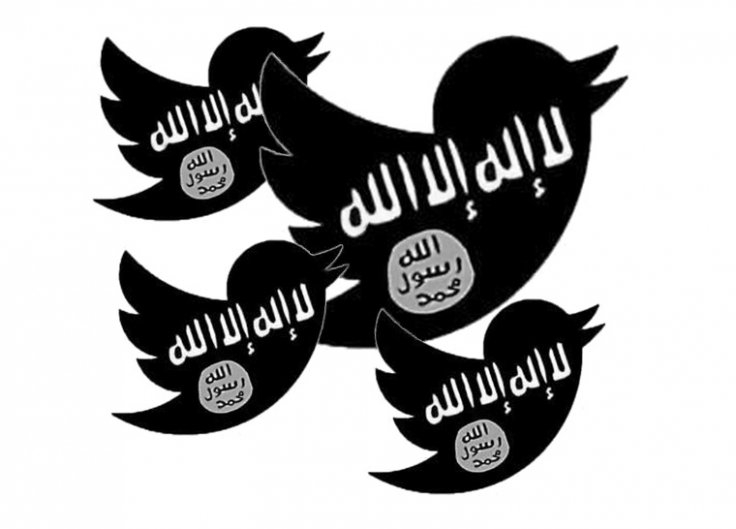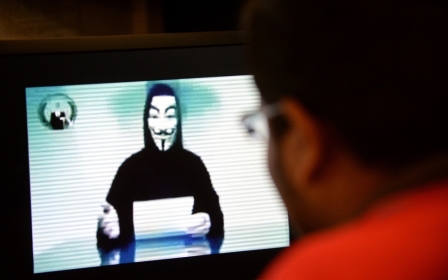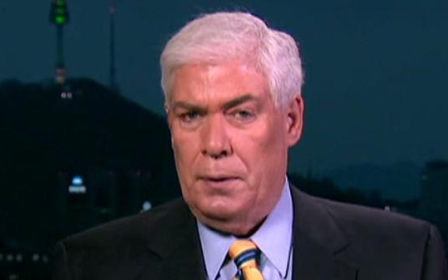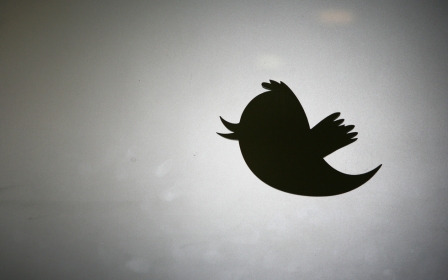Twitter suspends over 125,000 accounts, most linked to IS group

Twitter suspended over 125,000 accounts, most of them linked to the Islamic State (IS) group, as part of a stepped-up effort to eradicate "terrorist content" on the popular messaging platform, it said on Friday.
The accounts frozen since mid-2015 were targeted "for threatening or promoting terrorist acts," said Twitter, which is under pressure from governments to act but faces a delicate balancing act and is keen not to be seen as censoring free speech.
"Like most people around the world, we are horrified by the atrocities perpetrated by extremist groups," Twitter said on its policy blog.
"We condemn the use of Twitter to promote terrorism and the Twitter rules make it clear that this type of behaviour, or any violent threat, is not permitted on our service."
The announcement comes after the United States and other governments urged social networks to take more aggressive steps to root out activity aimed at recruiting and planning violent acts.
Twitter said it already has rules to discourage this activity but that it was driving up enforcement by boosting staff and using technology to filter violence-promoting content. But it warned there is no easy technological solution.
"As many experts and other companies have noted, there is no 'magic algorithm' for identifying terrorist content on the Internet, so global online platforms are forced to make challenging judgment calls based on very limited information and guidance," Twitter said.
"In spite of these challenges we will continue to aggressively enforce our rules in this area and engage with authorities and other relevant organisations to find viable solutions to eradicate terrorist content from the Internet and promote powerful counter-speech narratives."
Pressure in US, EU
Pressure has been growing on social networks since attacks in Paris in November and southern California in December which were linked to supporters of IS.
The White House last year called for "dialogue" with Silicon Valley and others on the subject, saying more should be done "when the use of social media crosses the line between communication and active terrorist plotting".
The European Commission has also called for talks with major social media networks. And France passed emergency measures last year that could shut down websites or social media accounts that encourage terrorist actions.
In Congress, Senators Dianne Feinstein and Richard Burr proposed legislation to require online communications services to report potential militant activity.
Twitter said it has long sought to enforce its rules on promoting violence, while maintaining an open platform.
"As an open platform for expression, we have always sought to strike a balance between the enforcement of our own Twitter rules covering prohibited behaviours, the legitimate needs of law enforcement, and the ability of users to share their views freely - including views that some people may disagree with or find offensive," the blog said.
But in recent months, Twitter added that "we have increased the size of the teams that review reports, reducing our response time significantly" and used "spam-fighting tools to surface other potentially violating accounts for review by our agents".
By ramping up the efforts, Twitter said, "we have already seen results, including an increase in account suspensions and this type of activity shifting off of Twitter."
According to a March 2015 report by the Brookings Institution, most pro-IS Twitter accounts have over 1,000 followers - more than an average user.
And nearly one in five pro-IS users selected English as their preferred language, the Washington-based think tank said.
Last March, Facebook updated its "community standards," saying this would curb the use of the social network giant for promoting terrorism or hate speech.
The update said Facebook will not allow a presence from groups advocating "terrorist activity, organised criminal activity or promoting hate".
The move came after videos of gruesome executions appeared on Facebook and other social media as part of IS group propaganda efforts.
New MEE newsletter: Jerusalem Dispatch
Sign up to get the latest insights and analysis on Israel-Palestine, alongside Turkey Unpacked and other MEE newsletters
Middle East Eye delivers independent and unrivalled coverage and analysis of the Middle East, North Africa and beyond. To learn more about republishing this content and the associated fees, please fill out this form. More about MEE can be found here.




